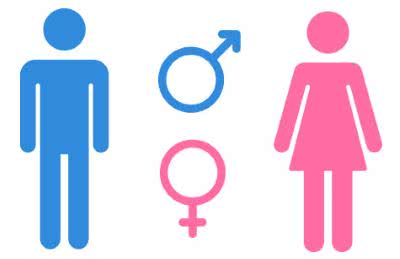gender
US /ˈdʒen.dɚ/
UK /ˈdʒen.dər/

名詞
1.
ジェンダー, 性別
the state of being male or female (typically used with reference to social and cultural differences rather than biological ones).
例:
•
The company is committed to promoting gender equality in the workplace.
その会社は職場でのジェンダー平等を推進することに尽力している。
•
The survey asked participants to identify their gender.
調査では参加者に自身の性別を特定するよう求めた。
2.
性
(grammar) each of the classes (typically masculine, feminine, and neuter) of nouns and other words that determine the form of associated words.
例:
•
In German, nouns have a grammatical gender.
ドイツ語では、名詞には文法的な性がある。
•
The teacher explained the concept of noun gender to the class.
先生はクラスに名詞の性の概念を説明した。
動詞
性別化する, 性別を割り当てる
assign a gender to (someone or something), typically in a way that is seen as imposing a conventional male or female role.
例:
•
The film was criticized for gendering its characters in stereotypical ways.
その映画は、登場人物をステレオタイプな方法で性別化していると批判された。
•
Some argue that language itself can gender our perceptions of the world.
言語自体が世界の認識を性別化する可能性があると主張する人もいる。